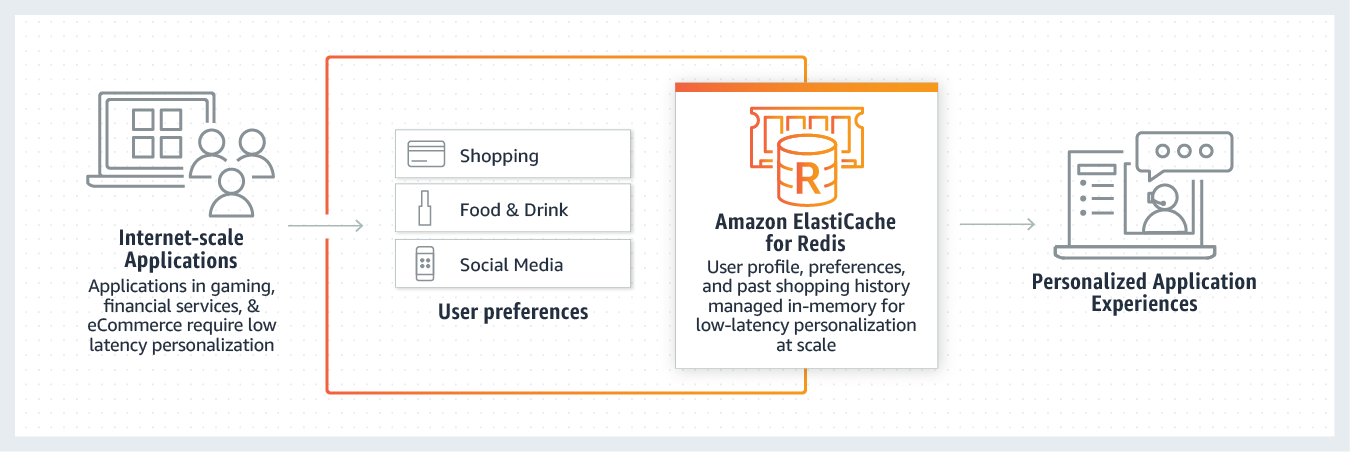Recently AWS announced Redis 7 compatibility with Amazon ElastiCache for Redis, which brings several new features, such as Redis Functions, ACL improvements, and Sharded Pub/Sub.
Amazon ElastiCache for Redis is a fully managed, in-memory caching service compatible with both Redis and Memcached open-source engines. Developers can power their internet-scale real-time applications in gaming, ad-tech, e-commerce, healthcare, financial services, and IoT with the service.

Source: https://aws.amazon.com/elasticache/redis/
Amazon ElastiCache for Redis received support for Redis 6 two years ago, and now it supports Redis 7, released earlier this year. The support for Amazon ElastiCache for Redis ranges from 3.4.2 to 7.0 when creating a cluster in the AWS management console.

The significant new features that come with the Redis 7 compatibility are:
- Support for Redis Functions and provides a managed experience enabling developers to execute LUA scripts with application logic stored on the ElastiCache cluster without requiring clients to re-send the scripts to the server with every connection.
- Support the next version of Redis Access Control Lists (ACLs). With ElastiCache for Redis 7, clients can specify multiple sets of permissions on specific keys or keyspaces in Redis.
- Providing developers with the ability to run Redis’ Pub/Sub functionality in a sharded way when running ElastiCache in Cluster Mode Enabled (CME). Furthermore, channels are bound to a shard in the ElastiCache cluster, eliminating the need to propagate channel information across shards resulting in improved scalability.
Elena Kolevska, technical enablement manager at Redis, mentions in Redis documentation that Redis Functions is the most impactful addition to Redis 7:
Redis Functions - a new programmability option, improving on scripts by adding modularity, reusability, and better overall developer experience.
In addition, she wrote:
Redis has the capability of supporting multiple execution engines, so in one of the future releases, we’ll be able to write Redis Functions in Lua, Javascript, and more languages, but at the moment (Redis v7.0), the only supported language is Lua.
Developers can upgrade the engine version of their cluster or replication group by modifying it and specifying 7 as the engine version.
Lastly, note that AWS is not the only cloud provider with a caching service supporting open-source Redis. Microsoft, for instance, offers Azure Cache for Redis, which by default supports Redis 6. The feature parity with Redis is up to RedisJSON, not Redis 7 yet. And Google’s Memorystore supports up to Redis version 6.
Amazon ElastiCache for Redis 7 is available in all AWS regions (except China – Beijing and China – Ningxia), and its pricing details are available on the pricing page. Furthermore, details and guidance for the service are available on the documentation landing page.